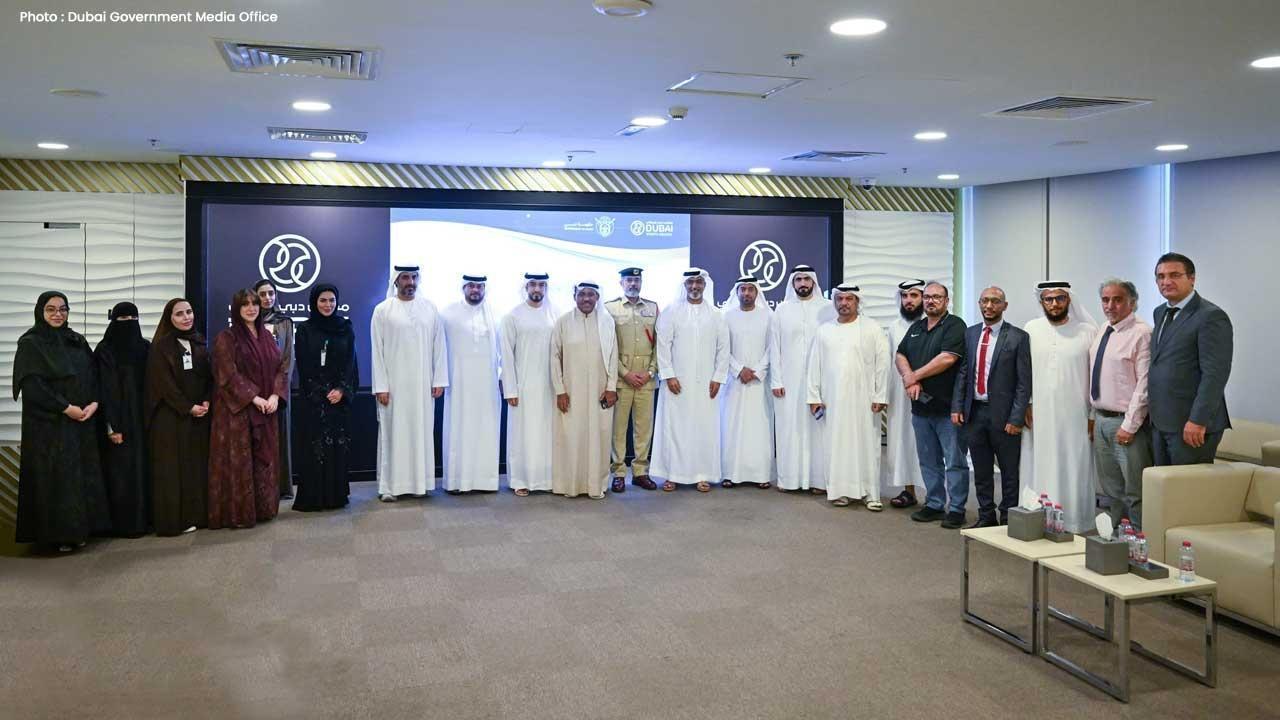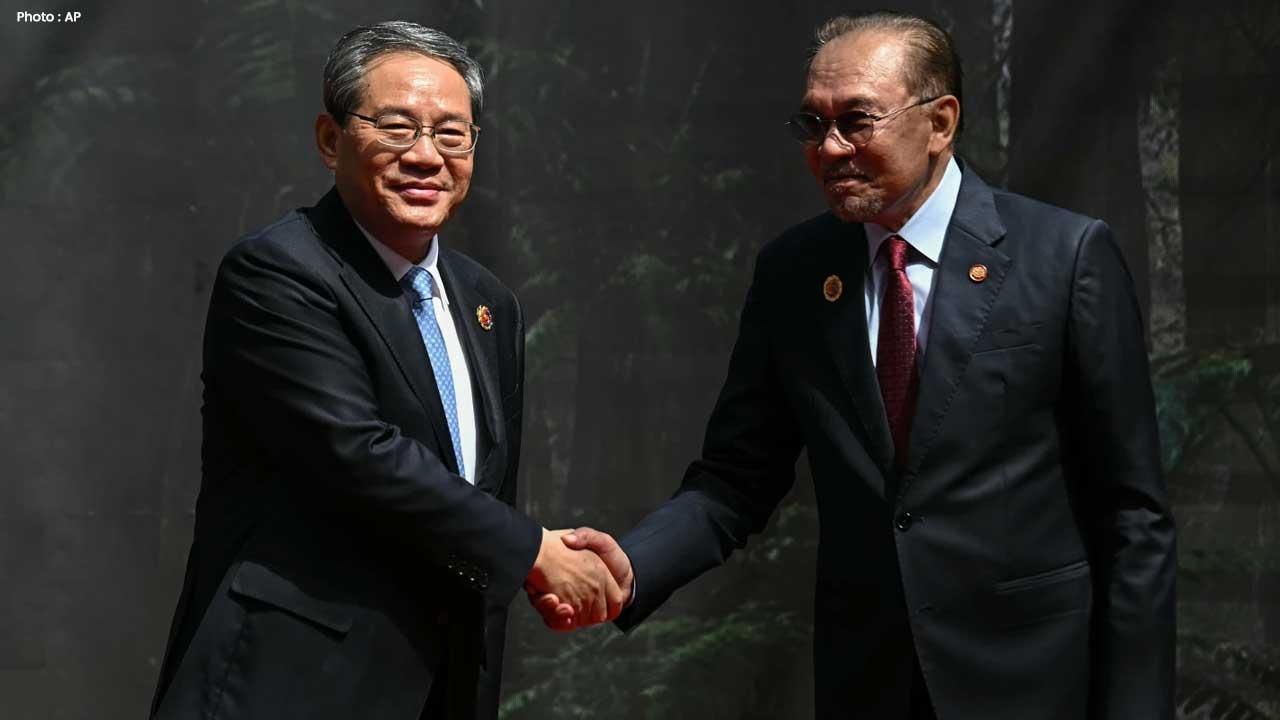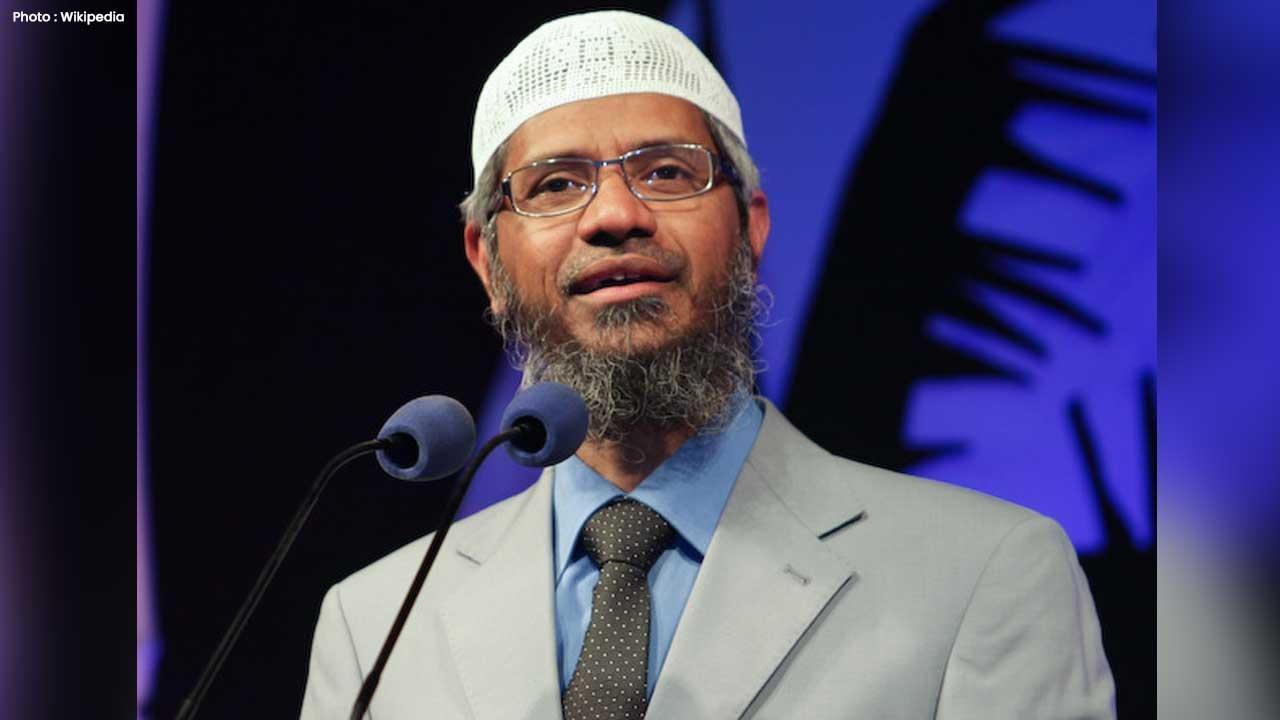
Join 10k+ people to get notified about new posts, news and tips.
Do not worry we don't spam!

Post by : Anis Farhan
Artificial intelligence is no longer a futuristic concept in India—it is already part of everyday life. From chatbots in banking apps to machine learning in healthcare diagnostics, AI is revolutionizing industries across the nation. Yet, with this growth comes an urgent need for strong policy frameworks to ensure technology is used responsibly.
India has been quick to recognize this. Policymakers and regulators are actively working to strike a balance between encouraging innovation and safeguarding citizens’ rights. Without clear rules, AI could become a double-edged sword—unlocking economic opportunities while creating risks around surveillance, bias, and misuse of personal data.
The cornerstone of India’s regulatory framework for digital governance is the Digital Personal Data Protection Act (DPDP Act), 2023. This landmark law lays out the responsibilities of organizations handling personal data and the rights of individuals to control how their information is collected, stored, and shared.
For AI developers, the act sets strict guidelines on consent, data minimization, and accountability. Algorithms trained on massive datasets must ensure compliance, meaning businesses can no longer collect information without explicit permission. While this adds responsibility, it also builds trust in AI-driven services, reassuring citizens that their privacy is respected.
India faces a unique challenge: how to promote AI innovation without stifling it under heavy regulation. On one hand, the government wants startups and enterprises to compete globally. On the other, it must protect citizens from potential harms like data misuse, discriminatory algorithms, and security breaches.
This balancing act is evident in India’s approach. Unlike the European Union’s strict AI Act, India has opted for a relatively flexible model, leaving room for innovation while introducing safeguards. Regulators are encouraging industries to adopt ethical AI principles voluntarily, with the possibility of tighter enforcement if risks escalate.
For businesses, particularly startups, these regulations represent both a challenge and an opportunity. Compliance requires investment in secure systems, privacy-by-design frameworks, and audit processes. This might increase costs initially, but in the long run, it enhances credibility and competitiveness.
Global firms operating in India must also adapt. Multinationals are required to localize data and follow Indian privacy standards, aligning with the country’s growing emphasis on digital sovereignty. This ensures that sensitive information stays within India’s jurisdiction, a move aimed at protecting citizens and strengthening national security.
India’s regulatory direction is especially important for AI in critical sectors. In healthcare, AI is being used for early disease detection, telemedicine, and personalized treatments. Regulations ensure that patient data is anonymized and handled ethically.
In finance, AI powers fraud detection, credit scoring, and algorithmic trading. Regulatory frameworks demand transparency to avoid bias in lending and to safeguard consumer rights.
In governance, AI is being used for smart city projects, predictive policing, and citizen services. Here, regulation becomes crucial to prevent excessive surveillance and to uphold democratic freedoms.
India’s regulatory model is being closely watched globally. By positioning itself between the strict EU framework and the relatively lenient US approach, India could emerge as a global thought leader in AI governance. Its policies are designed to encourage innovation while keeping an eye on ethical and cultural values unique to the Indian context.
Furthermore, India’s role in international forums such as the G20 and global AI summits allows it to influence global standards. By aligning domestic regulations with international best practices, India strengthens its position as a hub for AI research and investment.
Despite progress, several challenges remain. Enforcement is a major concern—laws are only effective if properly implemented. Many small businesses may struggle to comply due to limited resources. Citizens also need greater awareness of their data rights to fully benefit from the protections in place.
Another challenge lies in ensuring fairness in AI models. Data collected in India is vast but often unstructured and biased. Without careful oversight, AI systems could reinforce social inequalities rather than reduce them. Regulators must therefore focus not only on data protection but also on fairness and inclusivity.
India’s AI and data privacy journey is still unfolding. Future policies are likely to expand on ethical AI, accountability frameworks, and cross-border data flows. The government is also expected to invest more in AI research and infrastructure while promoting public-private partnerships.
As India continues to digitize at an unprecedented pace, the country’s regulatory approach will play a decisive role in shaping the future of AI. If done right, India could achieve a rare balance: being both a global AI powerhouse and a leader in protecting digital rights.
This article is for informational purposes only. It does not constitute legal or policy advice. Readers are encouraged to refer to official government publications and professional sources for compliance-related matters.










Shreyas Iyer in Sydney ICU after Rib Trauma Sustained Taking Catch
India vice-captain Shreyas Iyer is under ICU care in Sydney following internal bleeding from a rib i

NBA Recap: Miami Dominates, Lakers Shine, and Bucks Secure Victory
Friday's NBA highlights: Miami, Lakers, Bucks, and Clippers take wins, showcasing standout performan

Luka Doncic Shines with 49 Points in Lakers' 128-110 Victory Over Timberwolves
Luka Doncic impresses with 49 points, while Lakers secure a 128-110 win against Timberwolves, showca

Kings Rally Past Jazz 105-104 with Clutch Sabonis Finish
In a nail-biter, Domantas Sabonis' late shot lifts the Kings over the Jazz 105-104 in their home deb

Friendly Match Between Argentina and India Delayed, New Date Awaited
The friendly match between Argentina and India has been postponed following FIFA's approval delays;

Rohit and Kohli Conclude ODI Careers in Australia with Victory
Rohit Sharma and Virat Kohli wrap up their ODI careers in Australia, scoring an unbeaten 168-run par